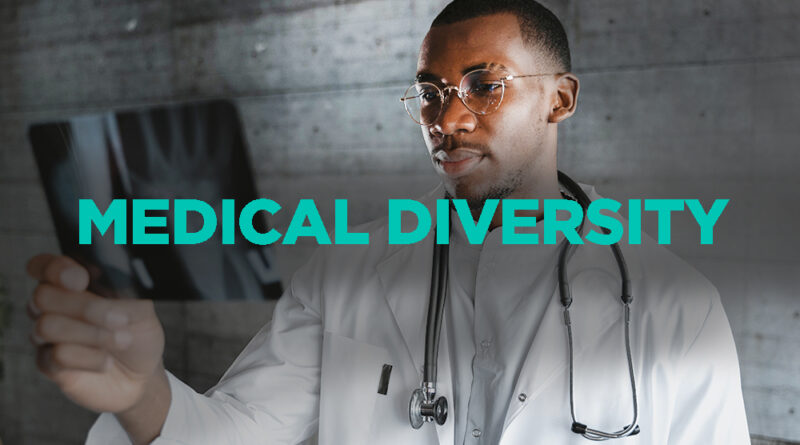California Wellness Foundation Awards Grant to Diversify Physician Workforce
If there’s anything we’ve learned over the last year and a half, it’s that healthcare is important. As a society, we just went through (and are still experiencing) a pandemic that has killed over 500,000 Americans, and impacted millions. And around the world, it’s even worse, with a death toll in the millions. In many places all over the country, there is a shortage of healthcare workers. In the United States, many communities are medically underserved. And while we’ve made progress, the diversity and access to healthcare for many are still falling short. And both things are essential to public health. Studies have shown that diversity in the healthcare field, especially at the top leads to better outcomes overall for patients and the workforce.
And this is especially true for having an increasingly diverse workforce among physicians, especially in areas that have a shortage. And now we will see an increase in diversity in the healthcare field, in a certain part of Southern California at least. A grant awarded by the California Wellness Foundation, to UC Riverside, aims to do exactly that.
This funding is intended to increase physicians from communities that are under-represented. Before we start talking more about this award. I’d like to share this grant that we have listed on GrantWatch. Here’s a listed grant for US groups that are focused on improving economic inequality for Black and Latina women.
Now, let’s talk more about this grant award.
Improving Diversity in the Healthcare Field Is Important
So, let’s talk more about diversity. The California Wellness Foundation saw the work that UC Riverside had done to encourage a diverse student body. So The foundation decided to award a 4-year $450,000 grant to the medical school to help build a new generation of diverse health care workers by enabling underrepresented minority students to pursue careers in health professions.
By definition, being an underrepresented minority (URM) means belonging to one of the following groups:
- American Indian/Alaskan Native
- Black/African American
- Chicano/Latino
- Native Hawaiian/Pacific Islander
Here’s how this will work:
Two goals of this grant:
- To increase access to diverse physicians for communities of color, which has shown to improve patient care and health outcomes.
- To improve the economic opportunities and stabilities for these physicians from underrepresented communities.
Edna Yohannes, who is the Executive Director of Development, SOM & Health Services at UCR pointed to the need for this kind of funding. Ms. Yohannes pointed to the need to diversify the workforce in inland Southern California, a medically underserved region. The California Health Foundation says that this region only has about 35 primary care physicians for 100,000 people. This is in comparison to other regions where there is 70 primary care physicians for every 100,000 people.
Ms. Yohannes spoke further on this grant award saying: “This grant will help the medical school sustain its leadership position in diversity among the University of California medical schools by strengthening the pipelines for underrepresented minorities,” Yohannes said. “Grants from the foundation in 2019 and 2020, totaling $75,000, allowed our students to enhance their educational experience. The grants alleviated the students’ financial burden associated with leadership training and professional development and helped build their soft skills such as those involved in communication.”
What Specifically Will This Grant Go Towards?
According to UCR, this new funding will allow the institution to build on previous successes of grant funding. This will include efforts to improve programming the school offers to students. This will include programs like yoga and medication classes that focus on overall student wellness.
GrantWatch Appreciates the Work That UCR Is Doing to Make Healthcare More Equitable
This grant funding is great news! UCR Medical school’s work to try and increase opportunities for both patients and potential medical students from underrepresented communities is important. It’s fantastic to see this kind of work being done towards a more equitable future. We do have some grant categories that are relevant to this story. We have a medical and evaluation grant category. And we have a grant category that focuses on grants related to BIPOC people, which may be interesting for our subscribers as they search for grants.

